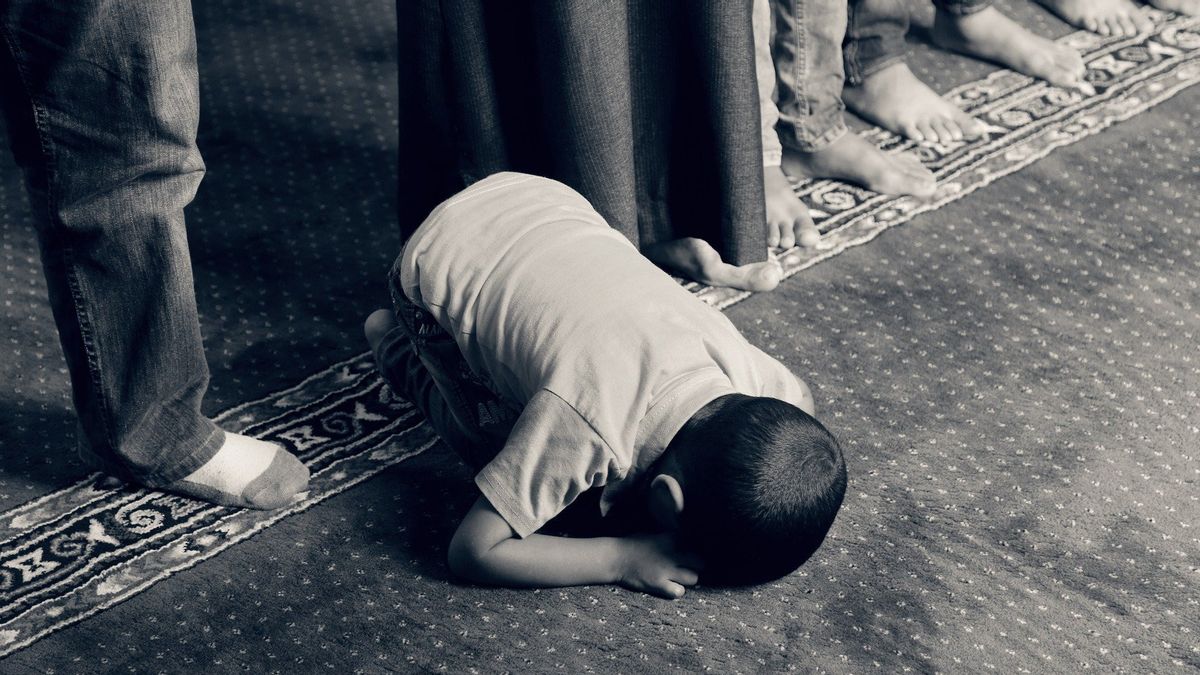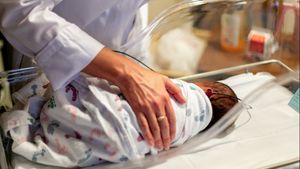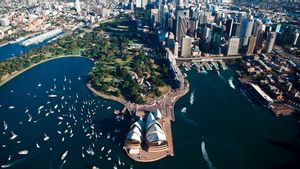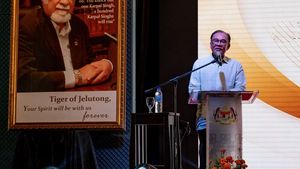JAKARTA - The Muhammadiyah Central Executive has appealed to the public to pray Eid al-Adha in their respective homes and not to hold prayers in mosques or in the field. This aims to minimize the spread of COVID-19.
This appeal is listed in Circular Number 06 / EDR / I.0 / E / 2020 concerning Guidelines for Arafah Fasting, Eid Al-Adha, Sacrifice, and Sacrifice Prayer Protocols during the COVID-19 Pandemic.
"If asked where the Eid al-Adha prayer is better, the first answer is of course at home. Why? Because the conditions are still not safe," said Chairman of the Muhammadiyah COVID-19 Command Center (MCCC) Muhammadiyah Central Executive Agus Syamsudin in a live broadcast, Wednesday, 24 June.
However, if a number of people in an area want to continue to hold the Eid al-Adha prayers in congregation in an open area, they must follow the COVID-19 prevention protocol, such as maintaining a safe distance of at least 1 meter per row (saf, red). In addition, the implementation of Eid al-Adha prayers in mosques and fields is only carried out in areas with green zone status.
"If the Eid al-Adha prayer is still going to be carried out, then it is really asked to be in places where there are not many. The government sets a maximum of 30 (congregation, ed)," he said.
Then, Agus also appealed to residents not to do takbir around the night of Eid al-Adha. In addition, residents are also asked not to return to their respective hometowns during holidays. This is because Eid al-Adha falls on a weekend, namely Friday, July 31, 2020.
COVID-19 protocol when slaughtering sacrificial animalsFurthermore, Agus suggested that the plan for slaughtering sacrificial animals should be diverted in the form of alms. As distributed to the Charity Zakat Institute, Infaq
However, if they still wish to slaughter, Agus asked residents to continue to carry out health protocols when slaughtering sacrificial animals. The sacrificial animals in the form of goats or sheep should be slaughtered in their respective homes by professionals if they feel they are not able to.
"The most important thing is the preparation of personal protective equipment, such as gloves, provision of hand sanitizers or soap, using masks and face shields," said Agus.
Then, the distribution of sacrificial meat was delivered by the committee to each recipient's house while still adhering to the protocol for preventing the transmission of COVID-19. "We suggest that (qurbani meat, red) be delivered to those who have the right not to collect the mass," he said.
The English, Chinese, Japanese, Arabic, and French versions are automatically generated by the AI. So there may still be inaccuracies in translating, please always see Indonesian as our main language. (system supported by DigitalSiber.id)













